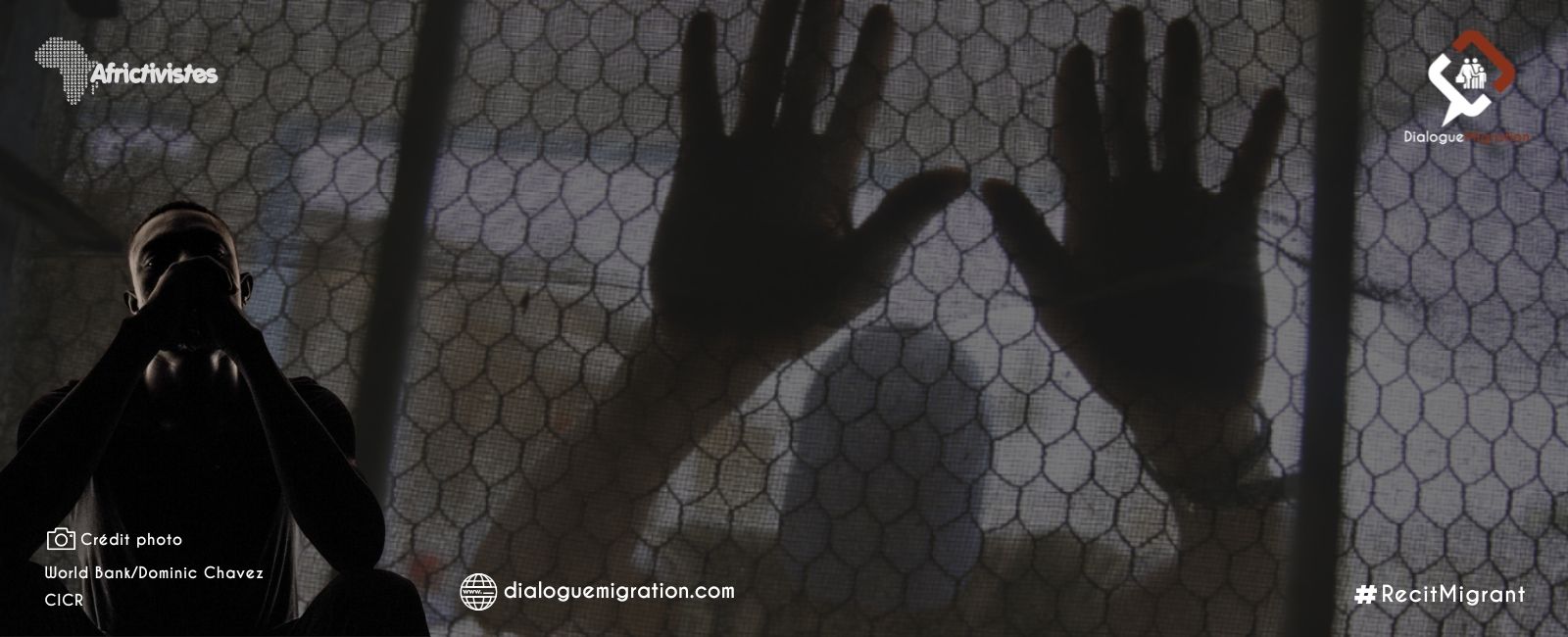

The United Nations indicates that there will be 281 million international migrants worldwide in 2020, representing 3.6% of the world’s population. However, it is not always easy to leave one’s land of origin to rally a land of welcome for one reason or another. The journeys of would-be migrants can sometimes be dangerous or even fatal often because of various social, political, economic, environmental and strategic factors that can have a profound impact on the way the migration journey is undertaken. The world has not yet forgotten the tragedy of Lampedusa in 2013, in which as many people as 360 lost their lives.
In a document posted online on 31 August 2021, the United Nations states that migrants and refugees may be exposed to a variety of stressors that affect their mental health and well-being before and during their migration journey and during their settlement and integration.
Also, the international organization adds, “many migrants and refugees do not have access to mental health services or face barriers to accessing them. They are also penalized by disruptions in the continuity of care.”
The weight of departure and distance from the land of origin
To address the mental health issue of migrants, especially those leaving in irregular conditions, Dialogue Migration contacted professionals in the field of psychology and psychiatry. Dr. Léopold Gaston Boissy, who serves at the psychiatric hospital of Thiaroye (suburb of Dakar) diagnosed the psychological state of the candidate for migration. “The psychological state of the migrant depends on the primary motivations of the journey and the fantasies projected on the destination, but above all on future achievements. If the latter is convinced of his choice, he will hold however difficult the path will be, and failing that, discouragement will settle in. It is also the sum of the trials endured that will forge his mind. He will go through phases of anxiety, discouragement, but also hope especially when approaching or arriving at the destination,” said the psychiatrist.
Dr Boissy adds that after disillusionment in a host country, the consequences on the mental health of migrants can be disastrous. “The symptoms will go from sadness to loneliness, even regret when he realizes that this is not the Eldorado dreamed of. He will go through phases of masked depression with multiple somatic complaints such as insomnia, multiple pain, disgust, syndrome of evil everywhere,” he points out.
His psychologist colleague, Serigne Mor Mbaye goes further. He was co-opted by the Spanish authorities for psychological follow-up and has made several trips to the Spanish Islands where candidates for irregular migration often fail. “I have stayed more than three times in the Canary Islands, Las Palmas and Tenerife where the Spanish government had asked me to train providers, social workers and special educators who are responsible for welcoming migrants. Because these leaders had realized that the people who arrive have quite complicated realities, mental healthwise, post-traumatic stress situations due to the difficulties of travel, “says the Senegalese psychologist.
“Because often there is stress before departure, during the trip and on arrival. The stress of departure is all the anxiety of having to go to a place. For the most part, they have never traveled in these conditions (canoes). When you add the multiple shipwrecks, extreme promiscuity, illness, extreme heat, lack of food, they are often delirious, agitated. Those who survive these pitfalls often arrive with postures of trauma, anguish and anxiety, ” Mr. Mbaye says.
The impact of hostility and home sickness
Once on the host land, would-be migrants are often confronted with another reality for which they are not necessarily prepared. “They often arrive in the host country with their trauma and fragility. And there is often disappointment that follows if the outlook is not good. The perspectives are sometimes the recruitment in closed buildings with the prospect of return. They have no control over the space of the host land. This adds to their anxiety and stress. Thus, their adaptation in their host country is problematic,” he explains.
Mr. Mbaye adds that migrants, especially irregular migrants, who do not have psychological follow-up are beset by post-traumatic symptoms, great anxiety and permanent reminiscence of what they have experienced. “In fact, that’s why the governments of these host countries asked me to come and train people. In training, there is a cultural dimension. Because when a migrant shouts “Bamba Bamba” or the “deums (in Wolof, supernatural evil beings)” want to eat me etc., the Spaniards cannot decipher. I had to explain to them the mesocosmic entities, the system of representation of the world that these migrants have. What it is about when they talk about certain realities. When a person is delusional, the content of their delirium is cultural,” he told Dialogue Migration.
The lack of psychological follow-up upon return is a ticking bomb
Dr. Boissy affirms that “not accompanying migrants who have experienced hardships along their migratory journey has consequences on their subsequent experience. With failed acts punctuated by revival and nervousness especially when conflicts arise with families of origin who are not aware of the migrants’ state of mind.” His colleague Serigne Mor Mbaye goes much further. He argues that returnees often suffer trauma that can push them to radicalization, if nothing is done to take care of them mentally.
“The most dangerous thing is that the countries of origin do nothing when these people come back. This is a worse danger than the jihadists and occult forces they speak of ( refering to the recent riots in Senegal that the government attributes to occult forces). Because when I talk to them on the spot in these islands, what they tell me is that if they go back to the country, they will burn everything and everyone will be on an equal footing. In host countries, they do what they can to know our imaginary categories and to be able to read the post-traumatic syndromes of migrants,” explains the psychologist.
The psychological impact of the failure of would-be migrants on women and recommended solutions
It is not only would-be migration who suffers from the failure of his adventure. On his return, he transfers his discomfort to his mother, who most often is the one who financed his departure. “I went to the Senegalese departure sites, Kayar, Mbour, Kafountine, Guet Ndar, Toubab Dialaw to ask communities if they perceive changes in returnees. These communities have told me that these people are in a sense of despair. I have seen that these returnees are the failure of women. Because most often, it is mothers who collect money from tontines or market earnings to give to their elder children to go to Europe and succeed socially. So when children fail, mothers settle into a fragile psychological state. Psychological follow-up must be extended to mothers who are often fund the initial project,” informed Dr. Mbaye.
He suggests bringing these young people back into social life by taking care of them on a mental level. “My plan is to set up kiosks at departure sites and set up teams to take care of the mental health of returning candidates before they fall into mental illness. But also, a mobile observatory that goes around the departure sites to talk to people,” he says.
The psychologist concluded warning: “It is essential to do this because we are accumulating a lot of young people who return with their trauma and post-traumatic symptoms, which become threatening to their family, communities, but also to society. These young people who return to the country after a migratory adventure that has been aborted, they can be enlist by anyone including terrorists.”


